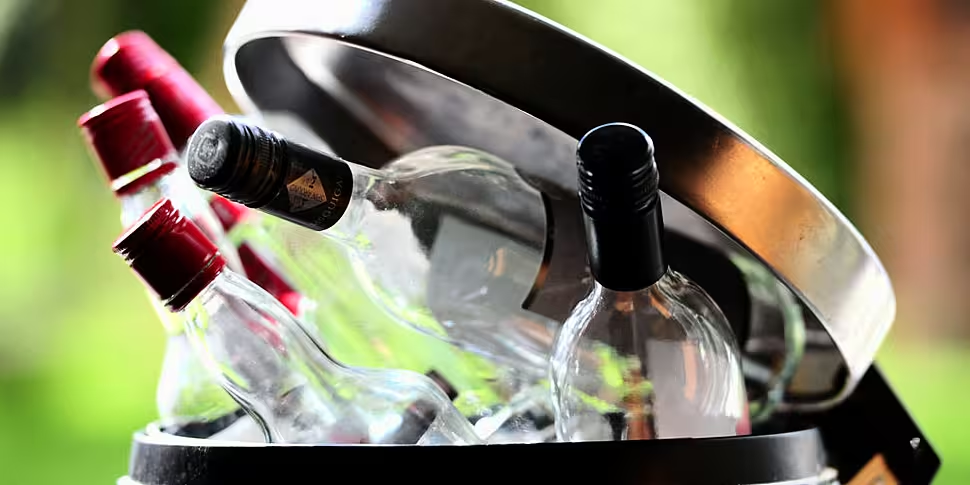New research has found that better education around alcohol for children increases their likelihood of not drinking.
That is according to a new Drinkaware study, conducted with Maynooth University.
It examined the experiences, attitudes and behaviours of almost 500 junior cycle students over a three-year period.
The central aim was to pilot the delivery of evidence-informed alcohol education to students through their teachers - and to investigate the effectiveness of this.
Among the key findings were that students were three-times more likely to report knowing the facts about alcohol.
By year two, students' knowledge of alcohol consequences and harms had increased - specifically knowledge of its impact on mental health (+20%), physical health (+15%), and the consequences of underage drinking (+12%).
The findings also show a stability among students who reported that they do not drink alcohol at all.
Among these students, those who reported having 'no interest or intention of drinking' increased to 47% from 30%.
Students who stated an intention to delay drinking for as long as possible rose marginally to 28% vs 25%.
However, a small but increasing proportion of the 40% who indicated at baseline that, at some stage, they had consumed alcohol, appeared to be engaged in more frequent and potentially harmful drinking at year two.
More than half of Irish schoolchildren ((57%) have their first drink in the home.
Lead author of the study is Professor Sinéad McGilloway from Maynooth University's Department of Psychology.
She said: "The collective findings of this study suggest that Drinkaware's Alcohol Education Programme has led to substantial and sustained improvements in students' knowledge and understanding of alcohol when compared with pre-programme levels.
"It is likely that this programme played an important role in stabilising the proportion of students who do not drink alcohol and those who intend to delay as long as possible.
"Students felt that they knew more about the facts about alcohol following the Alcohol Education Programme than before - and these increases were sustained at year two.
"The findings also raise questions about the important role of parents (and possibly the wider family circle), not only in protecting their teenagers, but also how they themselves think about, portray and ‘model’, the drinking of alcohol in the home."
Myrna Egan is a teacher at Coláiste Glann Lí in Tralee, and also a mother of a teenager.
She told Newstalk Breakfast earlier it is about education rather than abstinence.
"You can't tell them it's not cool to drink because everything we do nearly in Ireland it's around alcohol - you win a match, you lose a match, christenings, funerals, deaths.
"So I suppose the aim of the programme is to give them the information that they need to make informed decisions.
"It's a very active programme - it has new teaching methodologies... it's all about active learning, care work, group work, peer assessment, peer learning and they have a voice inside there.
"Because it's aligned to the new framework for a junior cycle with focus on well-being, it takes in all of those key things that we're looking at in well-being".
She said the plan is to roll it out nationwide.
"We've been doing it for the last two years - I personally can see an improvement and results even just from having discussions with the students".
Read commentary on the study here









